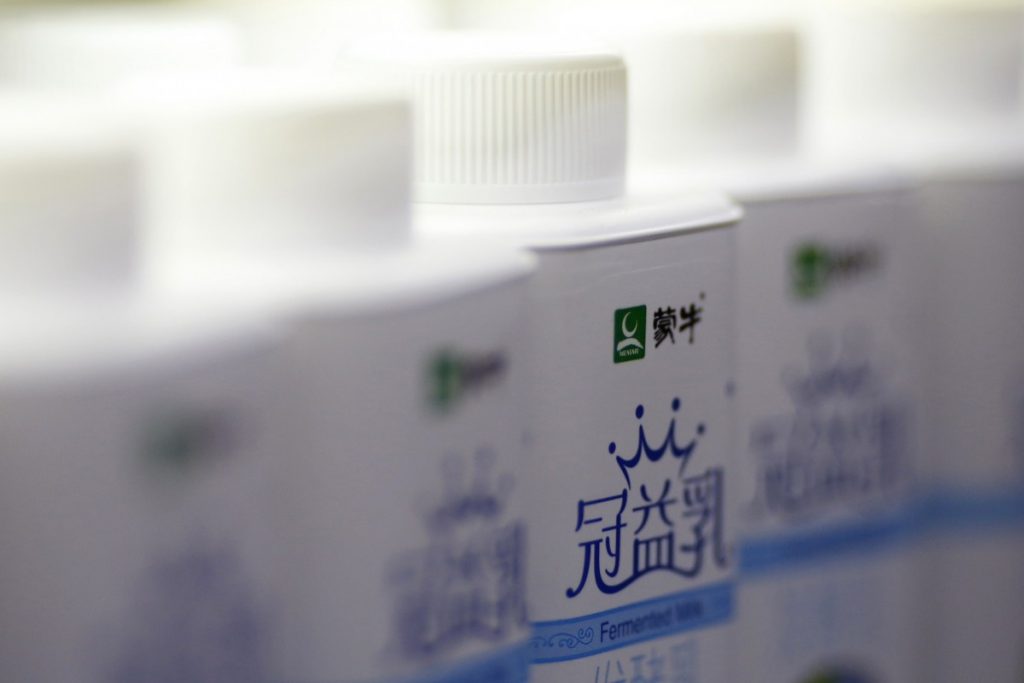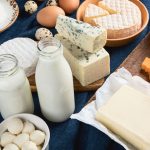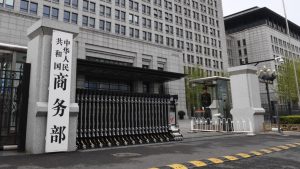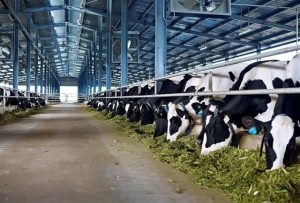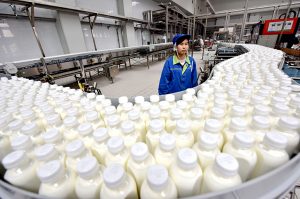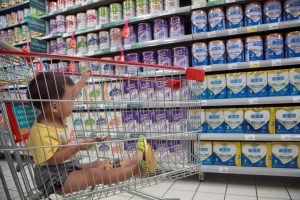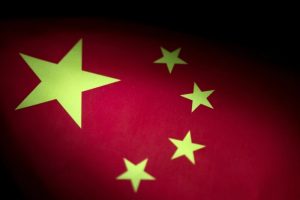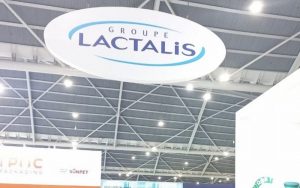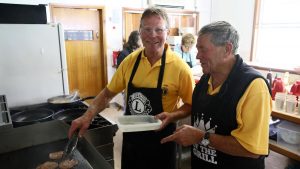
China’s second biggest dairy producer said it is in talks with football’s governing body about sponsoring the World Cup in Qatar in 2022 as it strives to boost its brand and gain the edge over rivals.
China Mengniu Dairy was an official sponsor of last year’s World Cup competition in Russia, investing 1 billion yuan (US$149 million), a move that greatly increased brand recognition and revenue, according to chief executive Lu Minfang.
“Sports have always been our interest and we will continue with that. We are in talks with Fifa to sponsor the next World Cup,” said Lu after announcing the company’s financial results in Hong Kong on Thursday.
“Through online and offline activities, we invested about 1 billion yuan in different segments [of the 2018 World Cup]. It is quite important to our brand, and it increased our profit.
“Last year, even though we did not offer any discounts, sales still grew 14 per cent. This is a very strong growth. In previous years, we had to offer discounts and still could not achieve that level of growth. That is very obviously down to the branding effect.”
The World Cup sponsorship helped Mengniu generate revenue of 68.98 billion yuan in 2018, up 14.7 per cent from the previous year.
It enjoyed the exclusive rights to sell yoghurt drinks and ice cream in the stadiums, and created several special-edition products, including football-shaped ice creams. Fronting its World Cup advertising campaign was none other than Lionel Messi, arguably the world’s greatest player.
Chinese companies dominated the official sponsorship of the 2018 World Cup – Mengniu was joined by smartphone giant Vivo and fridge maker Hisense as three of the tournament’s five sponsors.
The collaboration with Fifa forms part of Mengniu’s overseas business expansion strategy, which has generated high double-digit growth in exports of its products for the last five years.
Underlying the strategy is Lu’s vision to build the brand via promotion and innovation, instead of by offering discounts on its products.
“We are using brand building, intellectual property, World Cup investment and building of products. About 90 per cent of our new products this year are from high-end brands, which are premium products,” Lu said. “The competition in the mainland market is still healthy.”
Lu admitted Mengniu’s overseas expansion was still in its initial stages, with foreign sales accounting for a relatively low proportion of total sales. He does not see that changing too much in the near future.
“We need to work out the profitable business model step by step, one which is suitable in Hong Kong, Singapore or Indonesia,” said Lu. “We need expert, localised teams.”
To support its overseas development, Mengniu started operating a new production plant in Indonesia in November.
Lu is even eyeing the Middle East and Africa as possible overseas markets for future expansion, though he said that could only happen after about five years, once they have gained a strong footing in the Southeast Asian market.
Mengniu’s biggest rival in China is Yili Group, which generated profit of 6.44 billion yuan last year, more than double Mengniu’s 3.04 billion yuan.
Mengniu’s revenue fell short of Yili’s 78.98 billion yuan by 10 billion yuan. It also fell short of Mengniu’s 100 billion yuan annual target to be achieved by 2020.
The company declared a final dividend of 18.10 yuan cents per share, up 50.8 per cent year on year. That is just a quarter of Yili’s 70 yuan cents per share.
Fifa did not immediately respond to a request for comment.
